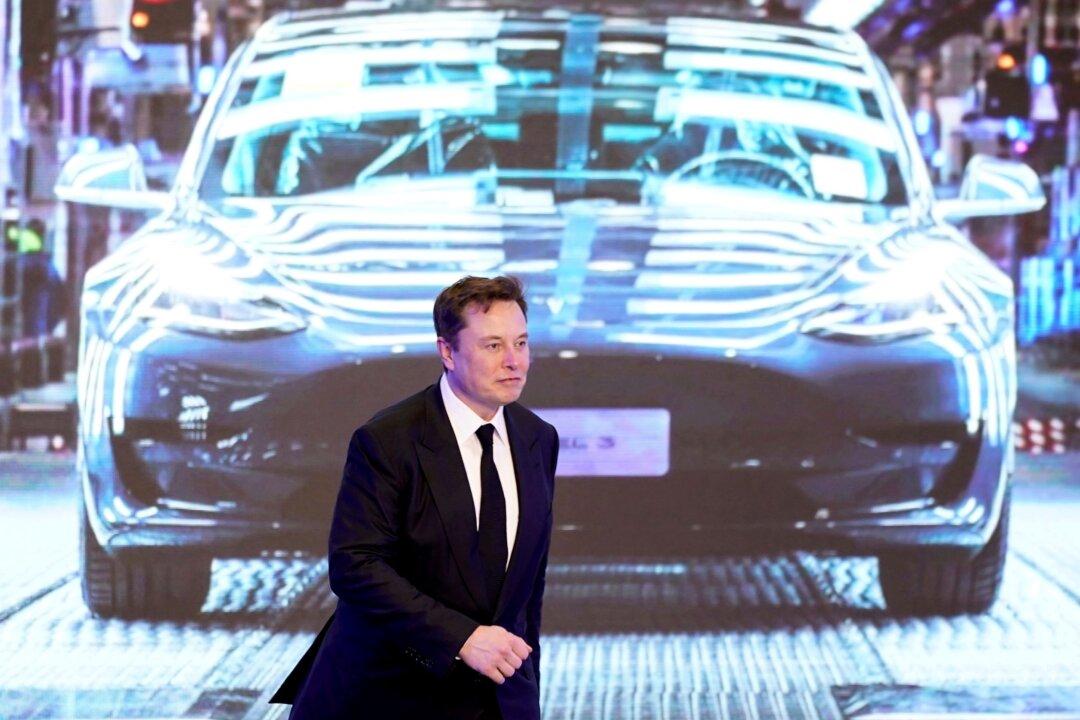HONG KONG—More commonly known for sparking debate on Twitter, Elon Musk was the centre of speculation on Weibo on Tuesday after the Tesla CEO posted a poem on the Chinese site that some took to be an extension of his clash with the U.N’s World Food Program.
Musk and World Food Program (WFP) head David Beasley have been engaging in a heated debate since Beasley last week challenged billionaires to give more of their wealth to end hunger. Musk countered by saying he'd sell $6 billion in Tesla stock and donate it to the WFP, provided the organization disclosed more information about how it spent its money.





